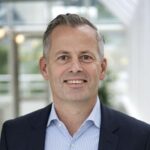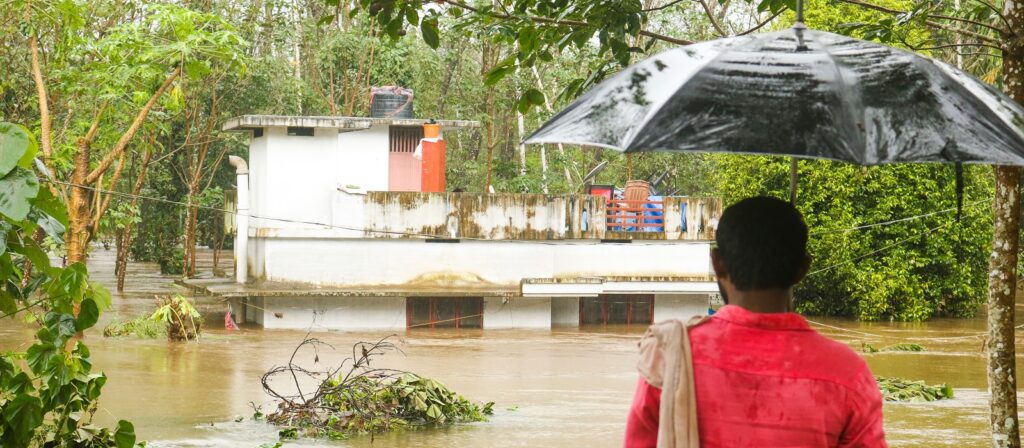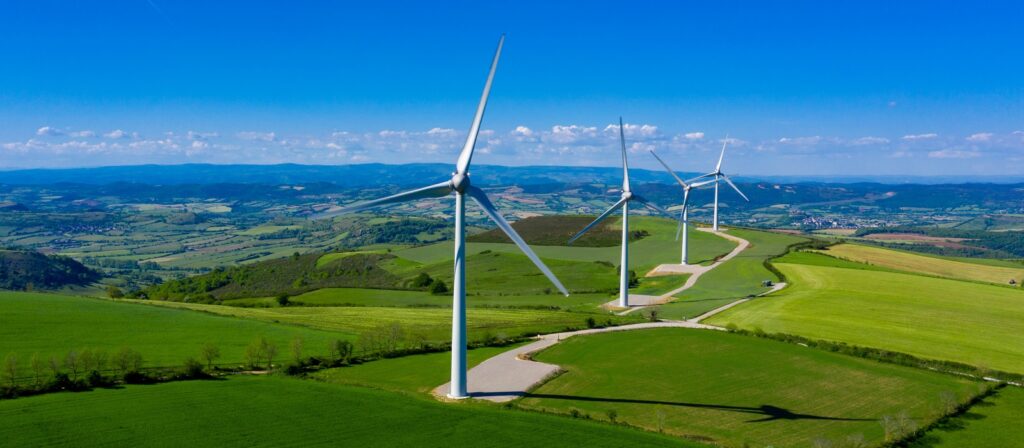“At COP27, insurance and financing issues have taken a central role. Much of the meeting has been about how to build an international fund to compensate countries affected by climate-related damage: a form of insurance. Many are also turning to pension and insurance companies to discuss how to finance transition and climate adaptation in municipalities, businesses and globally. This shows the important role our industry can play in the transition” writes Marcus Svedberg, Chief Economist of ICMIF member Folksam Group (Sweden), who attended the conference in Sharm el-Sheikh, Egypt. We are pleased to share this guest blog from Marcus, which is reproduced here for the benefit of ICMIF members with the kind permission of Folksam.
At COP27, insurance and financing issues have taken a central role. Much of the meeting has been about how to build an international fund to compensate countries affected by climate-related damage, a form of insurance. Many are also turning to pension and insurance companies to discuss how to finance transition and climate adaptation in municipalities, businesses and globally. This shows the important role our industry can play in the transition,” writes Marcus Svedberg, Folksam Group’s Chief Economist who attended the meeting.
Now that COP27 has just ended, everyone is reminded that greenhouse gas emissions need to be halved by 2030 to meet The Paris Agreement’s 1.5°C target. We also know that financing climate action and adaptation in developing countries is needed for success in the climate negotiations. When we hear that the Maldives will be affected at 1.1°C and will cease to exist if the 1.5°C target is exceeded, we are reminded of the gravity of the situation. The fact that the negotiations did not go further than they did must be considered a disappointment given the seriousness. The lack of political ambition is evident not only at international level but also at national level.
For Folksam’s customers, the climate negotiations are important in several ways. We know that being at the forefront of climate and sustainability is important for our ability to provide good risk-adjusted returns. We do it because it is good business, but also because we are a societal player.
The Folksam Group, which includes KPA Pension, was one of the initiators of the United Nations-backed global investor alliance Net-Zero Asset Owner Alliance, where everyone has the goal of net-zero greenhouse gas emissions from their investment portfolios by 2050. About half of the members have adopted partial climate targets by 2025. Given the urgency of reducing emissions, Folksam Group will reduce the climate footprint of our investment portfolios, i.e. from equities, corporate bonds and real estate, by 29% by 2025. We will achieve the target primarily by influencing companies we invest in to reduce their emissions, thereby increasing pressure on the business community. Another part of our goal is to promote the availability of green investments.
We are working to get business to change and are pushing for companies we own to have science-based targets. We are working to create more new green investment opportunities, working with others who want to move forward and for policies that facilitate this. These are issues we focus on all year round and also at COP27.
At COP27, Folksam participated in discussions on this year’s COP focus implementation. We were invited in part because of our investments in the Emerging Market Climate Action Fund (EMCAF)* and International Fund for Agricultural Development (IFAD) bond**; and because we are helping to develop new green financing solutions. Our customers’ pension money and insurance premiums are a catalyst for the transition, along with the Net Zero Alliance’s total of nearly USD 11 trillion in assets under management.
It takes both big and small steps to manage the climate. We also see that our customers are affected by floods like the one in the Swedish city of Gävle in August 2021. It’s not as drastic as in the Maldives, but it’s a big problem for everyone affected. Last summer, customers reported 3,000 floods to Folksam in Gävle. That’s a big increase, as we normally get about 500 reports a year.
Folksam is trying to help customers to be safe in their everyday lives and to live and transport themselves sustainably. Our house and home insurance policies carry the Good Environmental Choice label (Bra Miljöval in Swedish), and we give discounts on car insurance to safe cars with low emissions. Our customers receive advice on how to reduce energy consumption and avoid flood damage. Customers receive circular claims handling, so when a customer has lost their mobile phone or glasses, they are given a new lease of life. This results in 90% of all damaged goods handled by Folksam being given a prolonged life.
But, Folksam and our customers also depend on policies that accelerate climate change and adaptation. Many voices from the business community are calling on the Swedish government to step up its climate work so that Sweden and the EU meet their climate targets and so that we can meet our own climate targets. If we are to meet the 1.5°C target and the financing targets, we need policies that will get us there.
To the previous government, we said increase ambition. To the new government we say increase ambition. Abolishing the Ministry of the Environment, drastically reducing the environment and climate budget, making it easier to use fossil fuels and more difficult to use renewables is not helpful. Instead, rethink and make it easy for everyone who is making an effort to meet the 1.5°C target.
*Emerging Market Climate Action Fund (EMCAF)
At COP26 (November 2021), a multi-billion dollar investment in developing countries’ climate transition and adaptation was announced. Folksam invested SEK 1.5 billion in an innovative fund that enables pension and insurance companies to invest in climate change mitigation and adaptation in developing countries. The Emerging Market Climate Action strategy (EMCA), created by the European Investment Bank (EIB) and Allianz, focuses on renewable energy and energy efficiency in Africa, Asia, Latin America and the Middle East.
**International Fund for Agricultural Development (IFAD)
In June 2022, Folksam was the only organisation to invest SEK 1 billion in the first ever bond issued by the UN agency IFAD. The investment will help to reduce food shortages and increase growth in the world’s poorer countries. Among other things, by helping small-scale farmers adapt to climate change. This is important at a time when aid is falling and the world’s poorest have been hit hard by both the COVID-19 pandemic and the side effects of the war in Ukraine. Hopefully, this will help reduce the imminent risk of famine in many of the world’s poorer countries.






